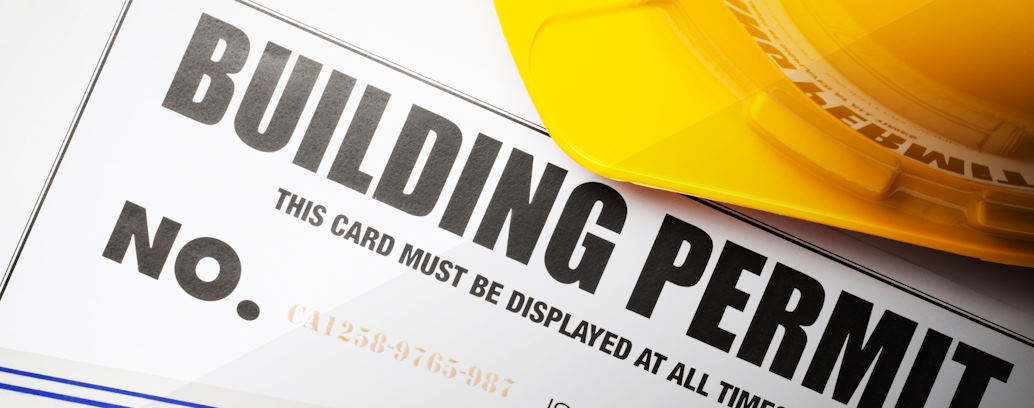Navigating Permits and Regulations for Outdoor Events
Outdoor events hold a special place in communities, offering vibrant spaces for celebration, cultural exchange, and recreation. Whether it’s a music festival, farmers’ market, or charity run, these gatherings enrich the fabric of society. However, behind the scenes of these bustling affairs lie a myriad of permits and regulations that organizers must navigate to ensure smooth operations and compliance with the law. From securing event-specific permits to understanding complex safety regulations, the process can be daunting.
Understanding Permits
When it comes to organizing outdoor events, navigating the world of permits is essential to ensure legality, safety, and success. But what exactly are permits, and why are they so crucial?
Explanation of Permits:
Permits are official documents issued by government authorities that grant permission to conduct specific activities or events within a designated area. They serve as a means of regulation, ensuring that events adhere to relevant laws, ordinances, and safety standards.
Types of Permits Required for Outdoor Events:
- Event-Specific Permits: These permits are tailored to the nature of the event and typically cover aspects such as noise levels, crowd control, and waste management.
- Location-Specific Permits: Required for the use of public or private property for the event, these permits address concerns like traffic management, parking, and environmental impact.
- Alcohol Permits (if applicable): Events serving alcohol must obtain special permits to ensure compliance with liquor laws, including age restrictions and responsible service practices.
Importance of Obtaining the Right Permits:
Securing the appropriate permits is crucial for legal compliance, risk mitigation, and the overall success of the event. Failure to obtain permits can result in fines, shutdowns, or even legal action, tarnishing the reputation of organizers and jeopardizing future events.
Where to Obtain Permits:
Permits can typically be obtained from:
- Local Government Offices: Municipal or county offices responsible for issuing permits relevant to the event’s location and activities.
- Online Platforms: Some jurisdictions offer online portals for permit applications, streamlining the process for organizers.
- Permit Agencies: Specialized agencies or departments dedicated to facilitating permit acquisition and compliance assistance.
Navigating Regulations
Organizing an outdoor event involves more than just securing permits; it requires a comprehensive understanding of the regulations governing such gatherings. Let’s explore the key aspects of navigating regulations for outdoor events:
Overview of Regulations for Outdoor Events:
Regulations for outdoor events encompass a wide range of considerations, including noise levels, environmental impact, safety protocols, and health standards. Understanding and adhering to these regulations are essential for ensuring the event’s legality, safety, and success.
Key Areas of Regulation to Consider:
- Noise Ordinances: Many municipalities have specific regulations governing noise levels during certain hours, which organizers must adhere to in order to avoid disturbances to nearby residents.
- Environmental Regulations: Events held in outdoor spaces must consider their environmental impact, including waste management, protection of natural habitats, and mitigation of pollution.
- Safety and Security Regulations: Ensuring the safety of attendees is paramount, requiring compliance with regulations related to crowd control, emergency exits, first aid provisions, and security measures.
- Health Regulations: Health regulations may cover aspects such as food safety standards, sanitation facilities, and emergency medical services to safeguard the well-being of participants.
Compliance with ADA Regulations:
Organizers must also ensure compliance with the Americans with Disabilities Act (ADA), which mandates accessibility accommodations for individuals with disabilities, including wheelchair access, signage, and designated seating areas.
Understanding Liability and Insurance Requirements:
Event organizers should be aware of their liability in case of accidents or injuries and obtain appropriate insurance coverage to protect themselves and participants from potential legal repercussions.

Tips for Smooth Permitting and Compliance
Securing permits and ensuring compliance with regulations can be a complex process, but with careful planning and strategic approaches, organizers can navigate it successfully. Here are some essential tips to streamline the permitting and compliance process for outdoor events:
Plan Ahead:
Start the permitting process well in advance to allow ample time for approvals and adjustments. Consider all aspects of the event, including logistics, safety measures, and regulatory requirements, in your planning phase.
Communicate with Local Authorities:
Establish open lines of communication with relevant government agencies and local authorities from the outset. Seek guidance, clarify regulations, and address any concerns or questions they may have to facilitate a smooth process.
Consult with Professionals:
Engage with legal experts, event planners, and industry professionals who have experience navigating permitting and compliance processes. Their insights and expertise can help you navigate potential challenges and ensure all requirements are met.
Keep Detailed Records:
Maintain thorough documentation throughout the permitting process, including correspondence with authorities, permit applications, and approvals. Keeping detailed records will help you stay organized and demonstrate compliance if needed.
Be Flexible and Adaptable:
Remain flexible and prepared to adjust plans as necessary to accommodate changing regulations, unforeseen circumstances, or feedback from authorities. Flexibility is key to overcoming challenges and ensuring a successful event.


